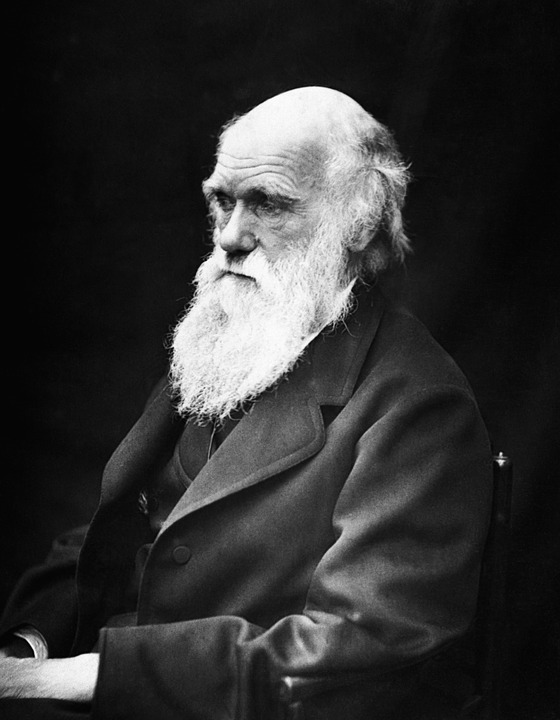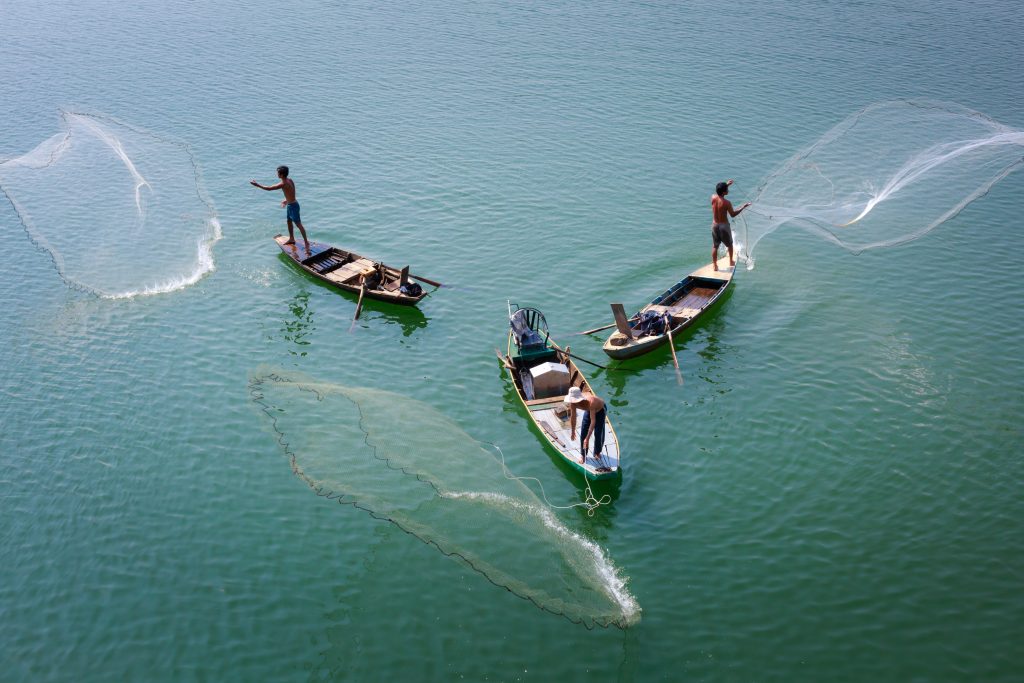by Rashmi Wickramasinghe
What is Evolution?
Evolution is the the change in the characteristics of a species over several generations. More biologically, it is the process which make changes in the allele frequency due to variations in the heritable genes over a long time from generation to generation. Explaining the Evolution Charles Darwin and Russel Wallace built the theory of evolution. In this theory individuals who have favorable changes are selected positively and individuals who have unfavorable changes are selected negatively. With the time the favorable traits will be more frequent in the population and the population will evolve.
Mutation, migration, genetic drift, and natural selection causes changes in the allele frequency and drive to evolution.

How humans step in?
The needs and preferences of the humans are getting more extravagant day by day. They try to change the natural order according to their preferences. These efforts change natural selection into an unnatural selection.
- Fishing-
Fishing removes the large fish from an ecosystem and the remaining are smaller fish. The remaining smaller fish population is higher than the large fish. So, the future generations in the ecosystem will contain a higher number of small fish due to the removal of large fish from the ecosystem by humans.
In addition to being smaller, fish are also changing to reach the sexual maturity earlier in life. This is due to the probability of fish that possess the genes for later maturation will be caught before they can reproduce resulting the gene to be removed from the population.

- Poaching –
The study done by Professor David Coltmon and colleagues for more than 40 years about the sheep in the Ram Mountain unveiled the effect of poaching on evolution. According to the study, young males develop horns very fast, but to establish social dominance, a ram needs to live long. Their strong big body becomes an advantage in mating and producing offspring.
But with their large horns being a target of the trophy hunters, it became a disadvantage for the rams. Since the larger horned males were being removed from the ecosystem before they can reproduce, the smaller horned population increased.

Other than these there are some weird ways humans have influenced the evolution of animals. In the 19th century, when the London underground was built, mosquitoes followed workmen down the tunnels. They start feeding blood of the rodents and the refugees who took shelter in the tunnels during the war. Scientists have discovered that underground mosquitoes are genetically distinct from the above ground mosquitoes.
There’s a possibility of everything we do cause an evolutionary change in animals. Therefore, scientists are searching for evolutionarily sustainable management plans.